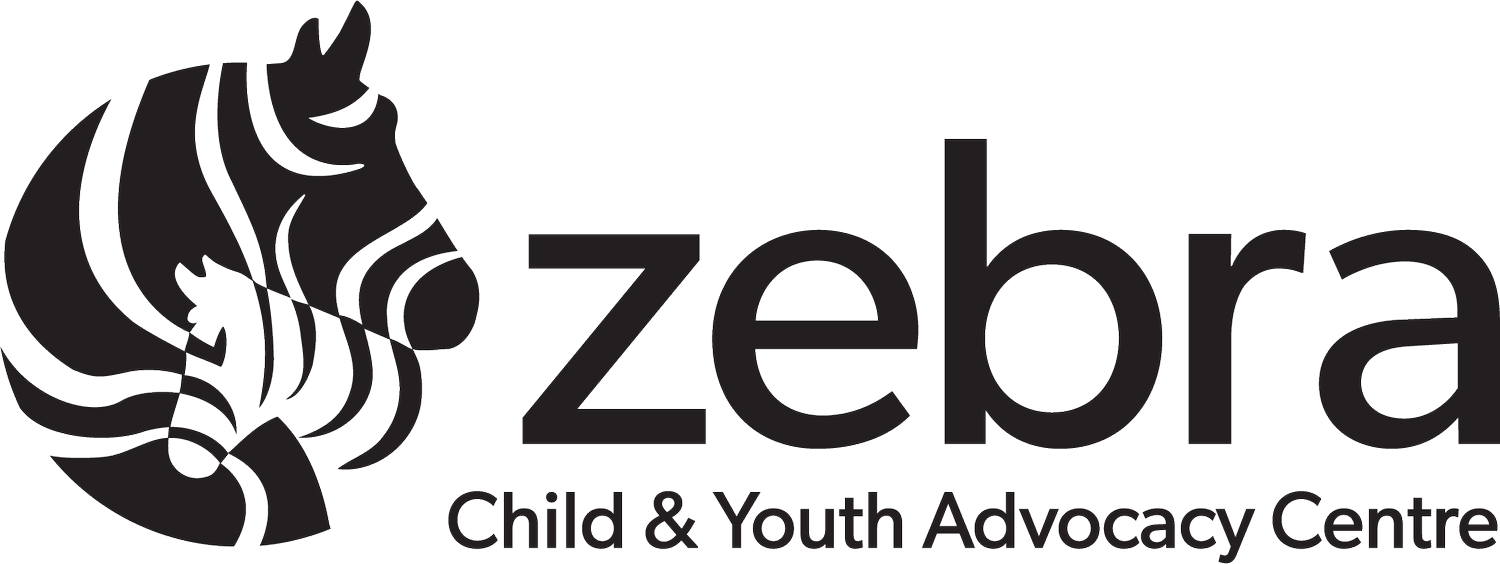Tips for Creating a Safer Internet for Children & Youth
For many of us, internet usage has become part of our regular routines. Especially during this era of the Covid-19 pandemic, many are relying on the internet more than ever for entertainment, and personal and professional purposes.
While the online world does provide numerous opportunities to connect, learn and work, it can be difficult to navigate safely. This can be particularly challenging as a child or youth who is new and curious about the internet, and unaware of the dangers the online experience can be crowded with.
Five common risks that children and youth face online are:
Exposure to explicit content: This happens when a young person mistakenly visits websites that expose them to inappropriate sexual material.
Exploitation of peers or self: This occurs when a child or youth creates, sends or shares sexual images or videos with others. Often referred to as “sexting”
Sextortion: Someone threatens to share personal photos or videos of a child or youth to coerce them into sharing additional sexual content.
Cyberbullying: Online harassment that occurs through cell phones, computers and other communication devices with the intention of harming another person.
Online luring: When someone connects with a child or youth through texting, social media and other online mediums for harmful and sexual purposes.
In order to create a safer online experience for children and youth, it is important that we not only learn how we can protect them from potential dangers, but also teach them how to use the internet responsibly.
Here are a few tips for caregivers and parents:
Create a username and password that is very unique to ensure that the child or youth’s account does not reveal any personal details, such as their name or age. This will also make it challenging for strangers to hack into the account.
Control the privacy settings on all apps and devices that are accessible to the child or youth. Modifying these settings can make it difficult for strangers to send messages to them. It can also ensure their information and posts are not visible to the public.
Encourage them to think before they post online. This will reduce the likelihood of them accidentally exposing personal details about themselves and others, or potentially offending others.
Many apps will use and publicize the location a person is using their device from. Disable all location settings to keep those details private.
Warn the child or youth that strangers may attempt to get in contact with them. Advise them to never reply. Share with them that not everyone online is who they appear or claim to be and may be reaching out with dangerous intentions.
Follow their social media accounts and/or play the online games with them. Engaging with the child or youth online is a helpful way to monitor their internet activity.
Understand the apps and websites they are using. Take the time to research these programs to know how appropriate and safe it is for the child or youth to be using them.
Have a conversation with the child or youth about the risks they may encounter online. While it may be hard to talk about certain topics, such as online luring or sextortion, it is important they understand these dangers do exist.
Block certain websites from being accessible on the child or youth’s devices. This will reduce the risk of them coming across content that is inappropriate for their age.
Nearly anything and everything posted online exists on the internet forever. Explain to them why it is important to be mindful of their digital footprint.
Assure them that if they ever have a negative experience of any kind online, they can come to you or any trusted adult for help.
With an increased awareness of the importance of internet safety, we can create an online world that is safer for children and youth to enjoy.
For educational resources discussing internet safety:
Ages 11 and under: www.cybertip.ca/app/en/internet_safety-for_children
Ages 12 and over: https://www.cybertip.ca/app/en/internet_safety-for_youth
To make an online exploitation report:
Visit www.cybertip.ca
Edmonton Police Service Complaint Line: 780-423-4567
Kids Help Phone: 1-800-668-6868 or text CONNECT to 686868
Crime Stoppers: 1-800-222-8477
Or your local police/RCMP detachment.
For additional information, resources or support, please visit:
Information sourced from:
